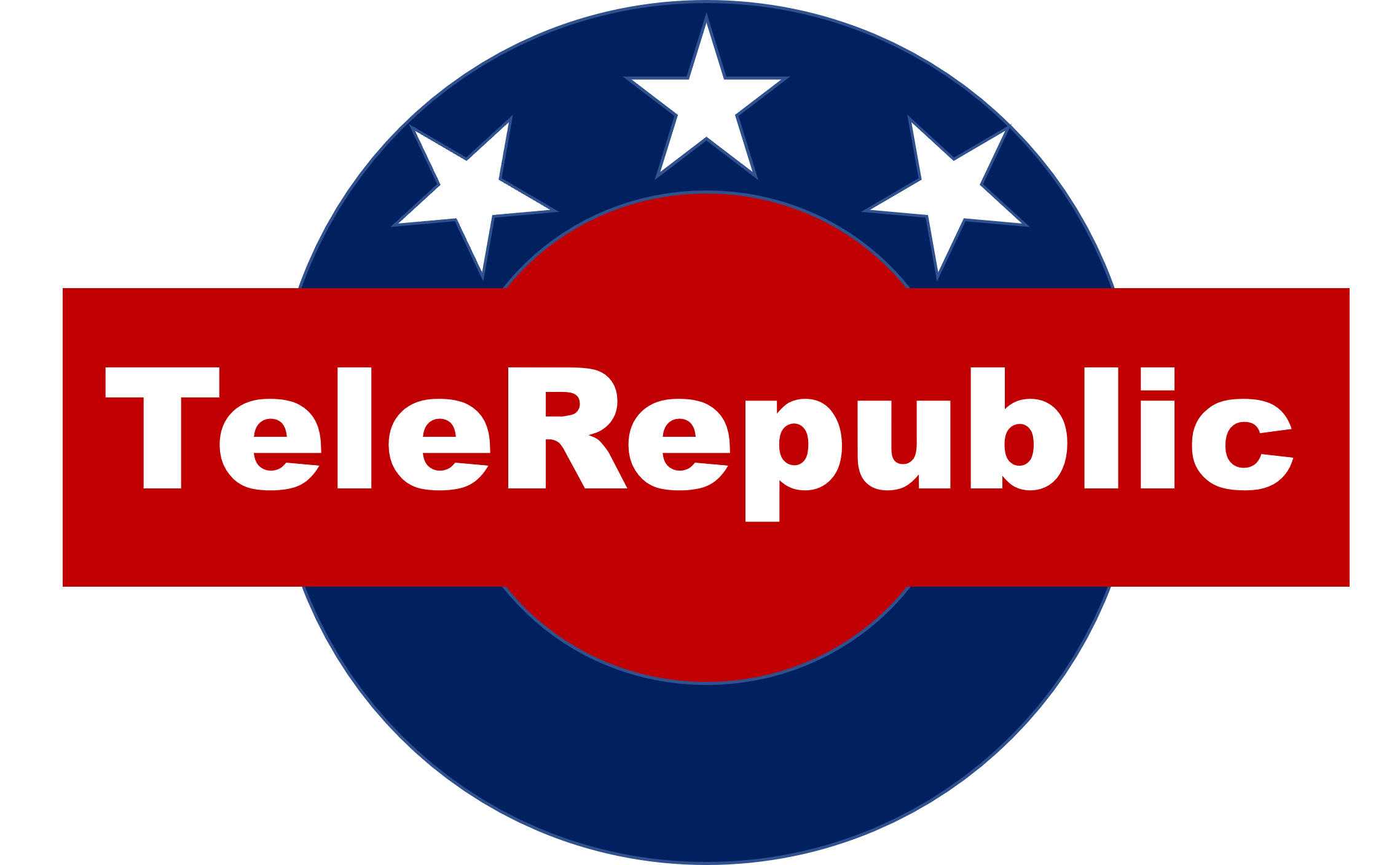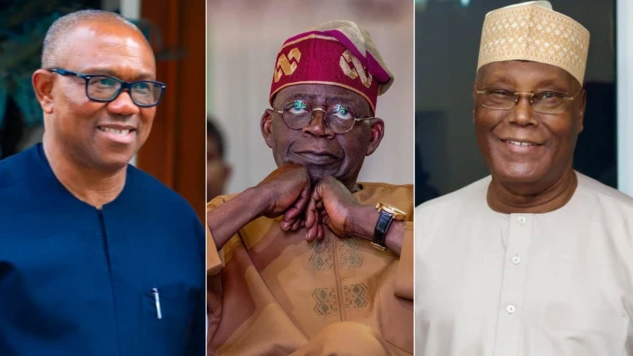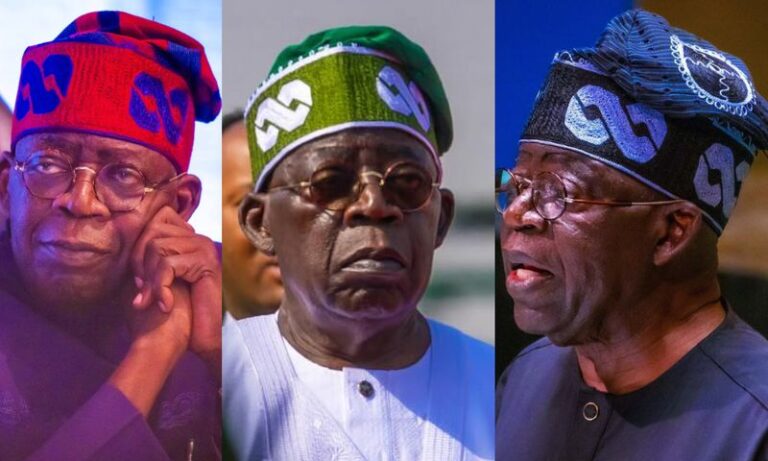By any metric of justice, equity, or economic prudence, President Bola Tinubu’s administration has proven itself antagonistic to the wellbeing of southeastern Nigerians. Nowhere is this more starkly evident than in the recent events surrounding the Onitsha Head Bridge Market an emblem of Igbo enterprise, now under siege by a federal government that continues to treat the region not as part of the federation, but as a colony to be punished, pillaged, and politically sidelined.
Peter Obi’s recent statement, marked by characteristic grace, is in truth a damning indictment of a government that has weaponized regulation and bureaucracy to choke the lifeblood of southeastern Nigeria: commerce. Under the guise of combating counterfeit drugs, the Tinubu administration through NAFDAC has turned a legitimate concern into a protracted economic strangulation. What began as an enforcement action has now mutated into outright economic extortion, as shop owners are reportedly being asked to pay ₦700,000 to reopen their businesses.
This is not policy. This is persecution.
Let us be clear: no one disputes the need to combat fake pharmaceuticals. It is a grave issue that demands swift and decisive action. But the Onitsha market has been effectively shut down for months, and now the suffering of the small and micro business owners is being compounded by extortionate “reopening fees” in the middle of the worst economic collapse in recent memory. This is not enforcement it is economic warfare. And it is being waged disproportionately against a region that this administration has never tried to hide its contempt for.
Over 7 million Micro, Small, and Medium Enterprises (MSMEs) have collapsed in Nigeria in just two years. That number should haunt any responsible government. Yet Tinubu’s regime, instead of offering oxygen to keep what’s left alive, is deliberately snuffing out what remains particularly in the Southeast. How else does one explain the cruel irony of targeting Onitsha, the economic heartbeat of Igbo Nigeria, during a period of hyperinflation, record unemployment, and currency collapse?
To impose such crippling costs on already devastated entrepreneurs is not just insensitive it is malicious. It is the calculated economic disenfranchisement of an entire region. Tinubu’s presidency, through both its actions and omissions, continues to send a chilling message: the Southeast is not part of the Nigeria he governs. This is not federalism; this is feudalism cloaked in constitutional pretense.
One cannot ignore the broader pattern of marginalization. Under Tinubu’s watch, not a single strategic economic initiative has been directed at reviving southeastern infrastructure or supporting the region’s globally renowned entrepreneurial base. The East continues to suffer from poor roads, inconsistent power supply, lack of federal investment, and an almost complete absence of inclusion in high level decision making. When opportunities arise to support this region, the government either ignores them or uses them to further humiliate and impoverish its people.
This is beyond neglect. It is targeted economic sabotage.
The imposition of a ₦700,000 fee on shop owners who have already lost their means of livelihood is the kind of anti people, anti growth policy that reflects a government drunk on power and bereft of empathy. It is the work of an administration that does not understand or care about the engines of real economic growth small businesses, not billionaire cronies.
Peter Obi’s appeal to “prioritize compassion, economic recovery, and the survival of small businesses” falls on deaf ears in Aso Rock. Compassion is not a language spoken in Tinubu’s Nigeria. This administration governs not with care, but with contempt especially when it comes to southeastern Nigeria.
The time has come to speak with clarity and courage: Tinubu is not the president of the Southeast. He has made no effort to earn that title. His policies, his appointments, his neglect, and now this brazen assault on the livelihoods of Onitsha’s traders, prove that his presidency is sectional, vindictive, and deliberately exclusionary.
The Southeast is not asking for handouts. It is demanding fairness. It is demanding inclusion. And it is demanding an end to policies that treat its people like enemies of the state. Until this changes, Tinubu’s legacy in the region will be one of repression, not leadership.
Nigerians must refuse to normalize this pattern. The press must expose it. The courts must challenge it. And the people must resist it. Because if the Southeast can be strangled today, tomorrow it could be the North Central, the South South, or any other region that dares to remain economically independent or politically unyielding.
This is not just about Onitsha. It is about the soul of a federation where equality is promised, but punishment is practiced. And right now, in Tinubu’s Nigeria, that punishment is wearing the face of policy.




